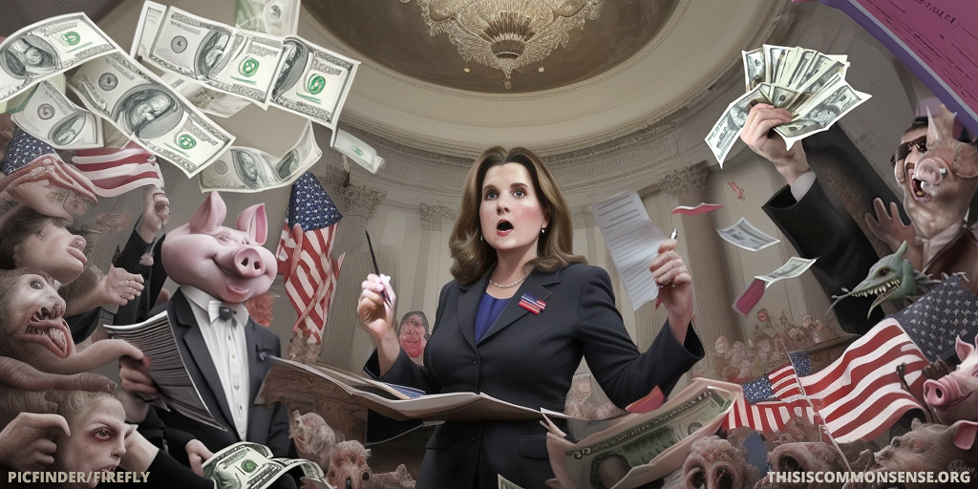It’s good when the latest horrific loot-and-pillage ideas of the latest horrific mayor of your city keep getting shot down.
The people of Chicago must hope that this continues.
But it would be better to have a mayor who doesn’t make it necessary.
Chicago’s city council recently met in a special session to consider Mayor Brandon Johnson’s proposal to hike property taxes by $300 million to help balance the budget. Councilmen defeated the idea 50 – 0.
In pitching his plan, Johnson had said that the only alternative was major cuts to the numbers of police officers and fire fighters. There would also be fewer trash pickups, less tree trimming, more rats.
Off the table? Any reductions in public school spending.
But, as The Wall Street Journal observes, Chicago’s city budget has grown from $11 billion in 2019 to $17 billion in 2023. Meanwhile, “the Chicago Public Schools added almost 7,000 employees while CPS enrollment declined by more than 30,000 students” — as “temporary” pandemic-era jumps in spending became permanent.
Teachers-union-backed Brandon Johnson was elected in 2023 with about 52 percent of the vote; his leftist campaign platform included proposals to hike taxes.
Johnson’s main opponent, Paul Vallas, also a Democrat but of sounder policy mind, campaigned mostly on a tough-on-crime platform. But he also made clear his opposition to the “high-tax and high-regulation environment” in which many Chicago businesses find themselves.
Turnout in Chicago’s April 2023 runoff campaign was only 35 percent.
Try again, Chicago?
This is Common Sense. I’m Paul Jacob.
Illustration created with Flux and Firefly
—
See all recent commentary
(simplified and organized)





